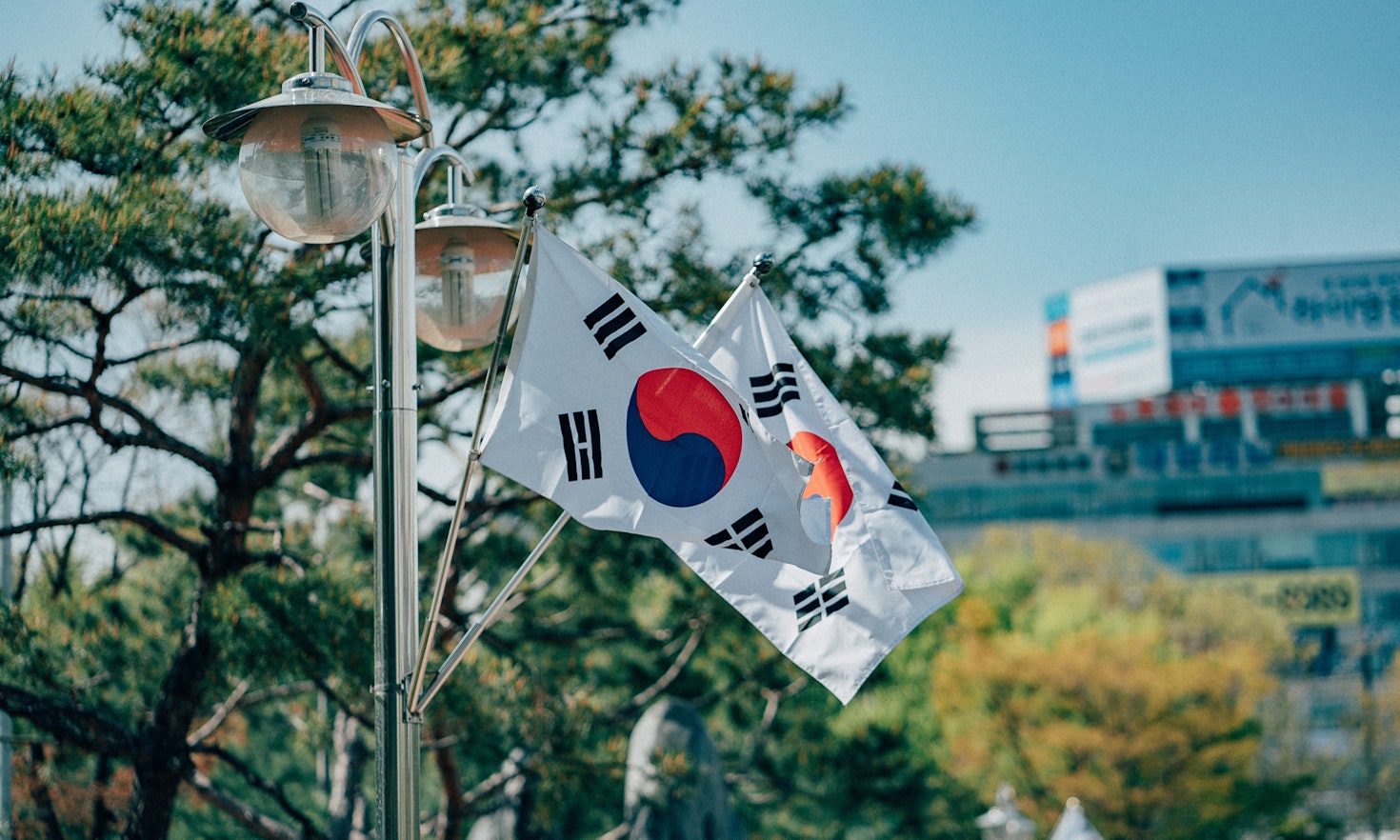South Korea and Japan - Healing from the past

South Korea and Japan have taken significant steps towards a healthy alliance. On 6 March of this year, South Korean President Yoon Suk-Yeol announced that his administration would establish a fund for Korean victims of forced labor in colonial era Japan in exchange for Japan returning South Korea to a preferential trade status. Since then, President Yoon and Japanese Prime Minister Fumio Kishida have held multiple meetings to further strengthen ties. Recently, on 18 August, both met with President Biden in a historic trilateral summit at Camp David, establishing the groundwork for greater security and economic cooperation.
The deal comes against a backdrop of decades of animosity. Since the 1965 Treaty on Basic Relations Between Japan and the Republic of Korea established basic diplomatic relations, South Korea and Japan have oscillated between reconciliation attempts and renewed tensions. For South Korea, Japan has not apologized sufficiently for their colonial era atrocities, while for Japan, South Korea should not hold them accountable for actions that took place 80 years ago.
What does this new deal mean for the future of Japan-Korea relations? Prime Minister Kishida and President Yoon are aiming to create a solid security partnership to defend against instability in the region driven by territorial disputes and inflammatory military drills conducted by an expansionist China and a militarist North Korea. Unfortunately, as in the past, the focus of reconciliation remains fixed on foreign policy coordination rather than any meaningful attempts to resolve tensions on a domestic level.
One challenge for reconciliation is the politicization of tensions by both governments. In Japan, the nationalist conservative Liberal Democratic Party, the main party in power since 1955, has often downplayed Japanese colonial atrocities. In South Korea, Victor Cha notes that “Korean nationalism is anti-Japanism.” This has created a zero-sum mentality leading to continued tensions “despite seemingly compelling material forces for less friction.”1 Japanese prime ministers have diluted past apologies, with some even making official visits to nationalist shrines commemorating Japanese war criminals, while Korean administrations have continued to demand greater compensation for Korean victims. Despite their proven insufficiency, Kishida’s response to Yoon’s deal has merely been to reaffirm the spirit of past apologies.
Yoon and Kishida seek reconciliation without building a foundation of public support and political will. According to a Gallup Korea poll held in March, nearly 60% of South Koreans were against the deal.2 Thousands of Koreans protested in the streets at a rally on March 11th, denouncing the deal as “humiliating” and “foolish.”3 This puts Yoon’s presidential longevity at risk, increasing the chances of an opposition victory in the 2024 parliamentary elections. Additionally, the Kishida administration decision to release treated radioactive Fukushima wastewater into the ocean on 24 August has created a storm of disinformation and distrust from South Korea and other neighboring countries.
Lack of public support has been a common theme in past reconciliation attempts. A 2015 agreement aimed to resolve colonial era tensions “finally and irreversibly,” as stated by Korean foreign minister Yun Byung-se and Kishida, then the Japanese Foreign Minister. However, South Korea and Japan created the agreement without consulting the still-living comfort women, victims of forced prostitution at the hands of Japanese imperial soldiers, who rejected the deal and filed a lawsuit against the Japanese government. Eventually, the agreement was formally dissolved in 2019.
Like the 2015 agreement, Yoon’s deal focuses on improving foreign relations with Japan without properly addressing the need to give colonial era victims proper closure. True reconciliation between South Korea and Japan over wartime atrocities would require Japan to fully reckon with their history. Jennifer Lind argues that an effective Japanese reconciliation policy could resemble that of German Chancellor Konrad Adenauer who, in the 1950s, paired recognition of past atrocities with a nationalist emphasis on postwar achievements. This helped to ensure that the moral necessity of atonement was not perceived as infringing upon the country’s national psyche.4 At the very least, Japan would need to reform their education system, which skates over their militarist past.5 The Yoon deal, however, does nothing to address the fundamental differences in perspective, with the Korean sense of victimization being at odds with Japanese dismissal of Korean grievances. Yoon offering Korean government funds to compensate Koreans means that even more than previous deals, this reconciliation attempt requires very little compromise from Japan.
The Yoon deal is superficial and unlikely to address nationalist sentiments in any meaningful context. However, while Japan and South Korea are not going to resolve their deep-seated rivalry, doing so has never been a necessary precondition for cooperation. With their similar political alignments and positions as allies under the US security umbrella, they have proven that they are able to work together as allies despite past injustices and present disagreements. External threats are enough to encourage Japan and South Korea to look past historical grievances, at least for the moment, with China’s aggressive spread of disinformation regarding the Fukushima wastewater decision and North Korea’s launching of multiple ballistic missiles over South Korea and Japan perpetuating a precarious environment with regards to national security.6 Meetings between Kishida and Yoon have been productive, with Japan lifting trade restrictions with South Korea, and both countries affirming economic and military coordination with the US at the Camp David summit.
Although the deal is unpopular and there is disagreement among the Korean and Japanese public regarding their country’s roles in the war, actual tensions remain largely confined to the political and economic sphere. Soft power has been instrumental in relaxing the outlook of Japanese and Korean citizens towards each other. Japanese people account for the largest number of tourists in South Korea, as is the case with South Koreans in Japan. Popular culture exports such as K-pop and anime are also catching on in Japan and South Korea respectively, with professor of Korean Japanese cultural content Jo Gyu-heon noting that cultural resistance is vanishing with “younger generations viewing culture and politics as two separate subjects.”7
Like past deals, President Yoon’s attempt at reconciliation with Japan is superficial and unpopular, prioritizing foreign relations over domestic trauma. Without internal structural adjustments from both countries to move past the war, the war will remain a source of tension. However, despite some lingering animosity, fundamentally South Korea and Japan have a solid relationship. They have a strong framework for regional security cooperation under the US umbrella and a shared admiration among the people for each other’s economic success and cultural exports. Despite a need to reconcile their differing historical perspectives, South Korea and Japan’s relationship is on an upward trajectory. If this deal is overturned with a change in leadership, there is always a compelling reason for another to take its place.

Citation
This content is licensed under a Creative Commons Attribution 4.0 International license except for third-party materials or where otherwise noted.






